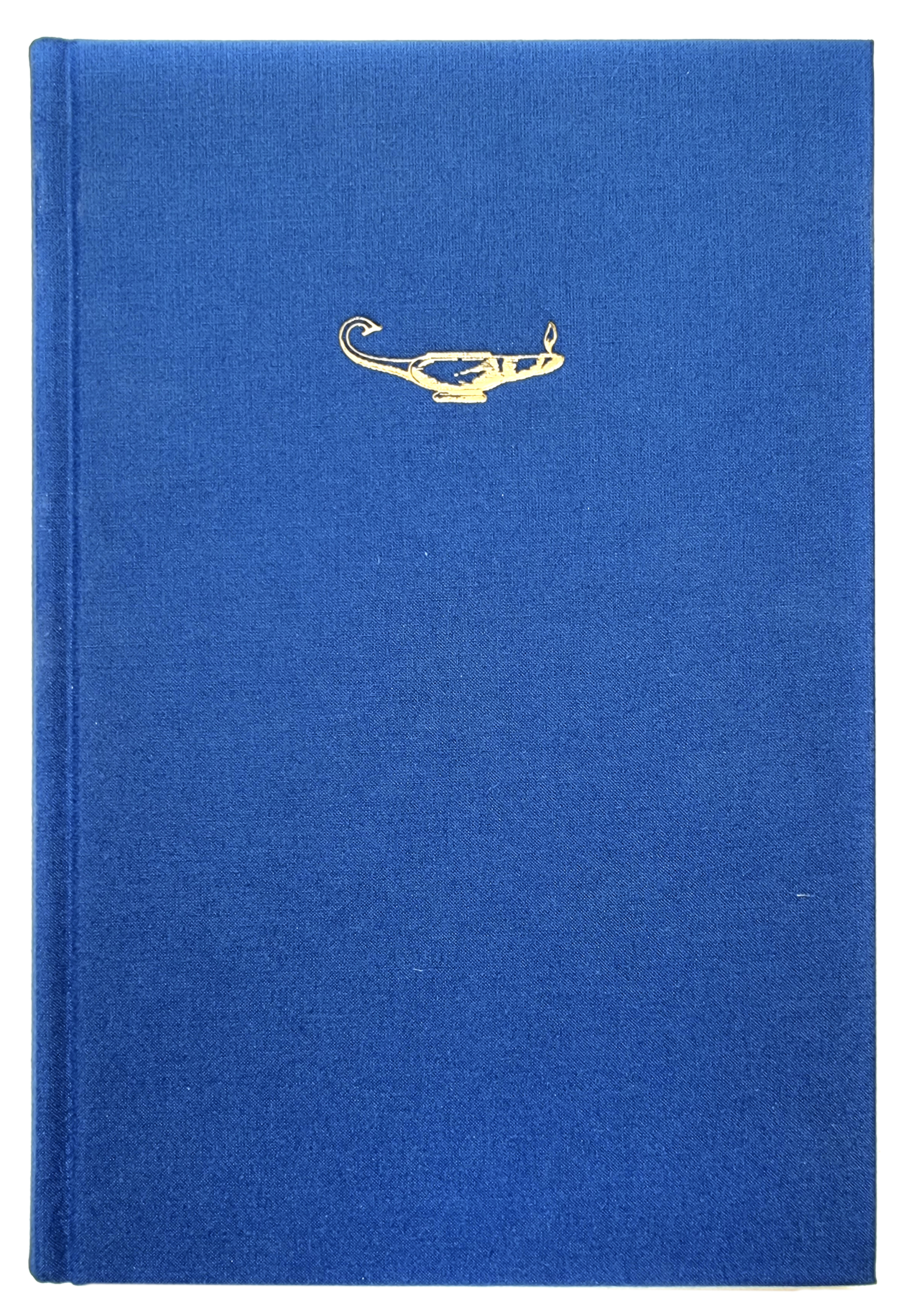Från vitterhet till vetenskap
En studie över Kungl. Vetenskapsakademiens lärdomsklass under 1800-talet
Keywords:
History of humanities, Epistemic virtues, Royal Academy of ScienceAbstract
In 1798 the Royal Academy of Science instituted a classification of its members, designating the last class to be filled by those engaged with world of learning and beautiful arts. This study maps the population of this “erudite class” and analyzes the negotiation of epistemic virtues and merits linked to the nebulous field from which the class drew its members. The article argues that a previous understanding of this class as merely honorary needs to be nuanced, in particular regarding the second half of the century. From 1850, the extant nominations of new members illustrates that although learning and erudition was important throughout the period, scientific skill and profound research, proven by publications, were crucial for this proto-humanistic field of knowledge. Previous ideals of transgressing academia and the world of belles-lettres thus quickly disappeared. While the “learned politician” and “universal genius” had been viable, perhaps preferred repertoires for the “erudite class” during the first half of the century, the class was during the second half increasingly populated by professors of traditional humanistic disciplines who advocated new members based on scientific creed.
Downloads
Published
Issue
Section
License
This work is licensed under a Creative Commons Attribution 4.0 International License. The copyright for the work published in Lychnos remains with the authors.


